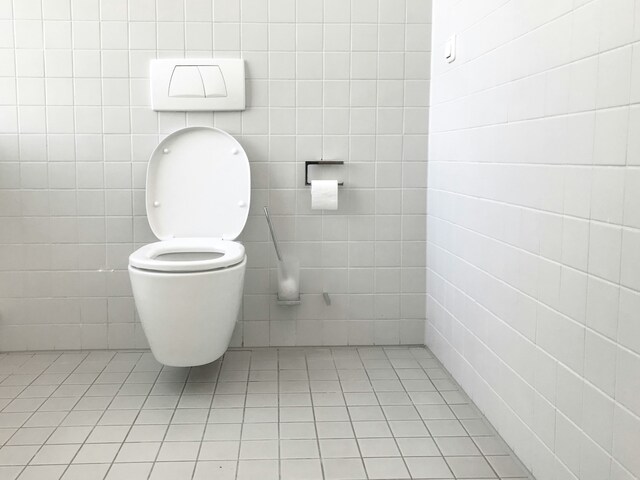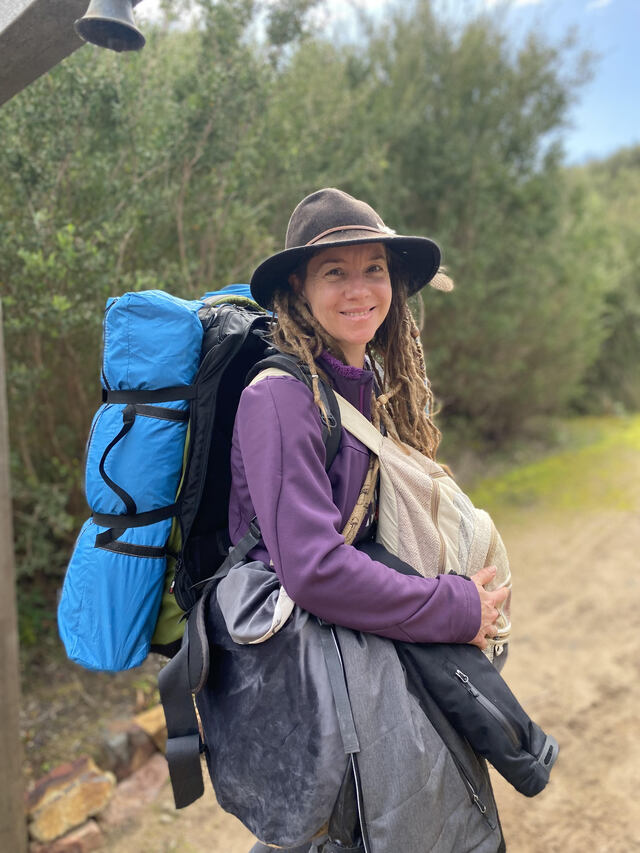Continence Foundation of Australia encourages people, including those in Sunbury and Macedon Ranges, to talk to loved ones and medical professionals this World Continence Week.
Monday, June 17, to Sunday, June 23, is World Continence Week and the Continence Foundation of Australia (CoFA) is encouraging Australians to have open and honest conversations with friends, family
and health professionals.
Under the umbrella of this year’s theme “Let’s Talk”, in 2023 CoFA commissioned a consumer survey to gain insights into the community’s perceptions and experience of incontinence, the quality of life and
wellbeing of people who experience it, and their carers.
CoFA said over 2,000 people participated in the survey, broadly representing the Australian population in terms of age, gender and geography.
Of the survey respondents, 74 per cent believe that community awareness around bladder and bowel health is lacking, and 46 per cent of those who have or had incontinence have not discussed it with their friends or family, increasing from the year before, and over 39 per cent of those respondents stated it was due to embarrassment.
According to National Continence Helpline Manager Janie Thompson many people who experience incontinence are afraid to leave their home to do everyday activities often taken for granted.
“Whether it’s shopping, going for walks or catching up with friends, people with symptoms of incontinence may avoid going out into public all together due to a fear of having an accident, which can
have a detrimental impact on their mental health,” she said.
“While sharing incontinence experiences may be uncomfortable at first, overcoming this barrier allows for greater understanding and support from loved ones.
“As evidenced by those surveyed, talking with their friends and family about incontinence can have a significant impact in improving lives of the one in four Australians with incontinence.”
CoFA is encouraging everyone in the community, from local governments and big corporations to community groups, clubs and individuals to have open and honest conversations about incontinence.

















